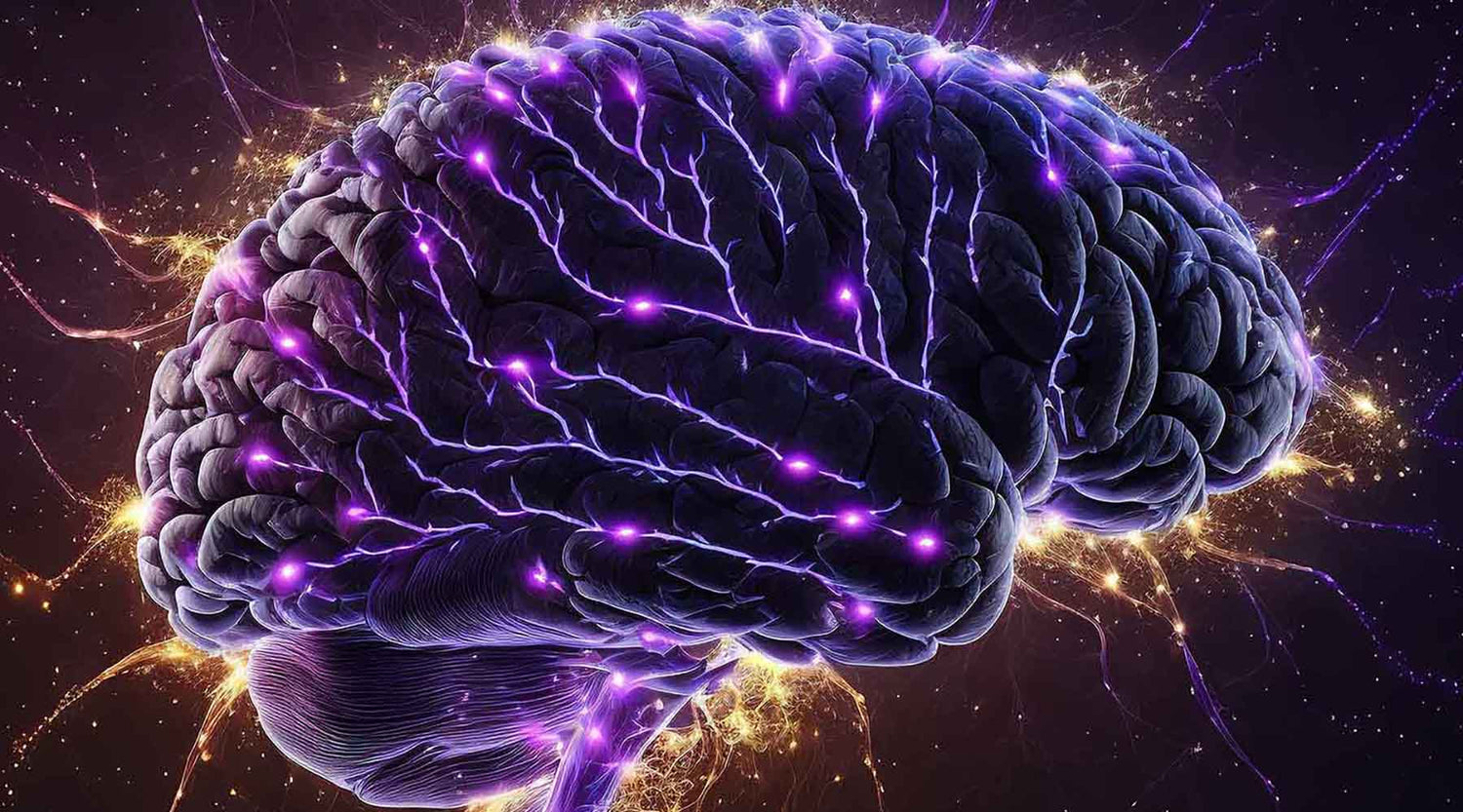With the shocking proof of learning loss revealed in a recent New York Times piece, there is a greater need than ever to discover practical answers. Students' academic development has been significantly impacted by the pandemic-induced interruptions, which has raised worries about potential long-term effects. This article will discuss the Jukestir Unpredictable Coordination Bag, a potentially useful tool that tackles the coordination-cognition link and offers a practical means of overcoming learning obstacles.
The pandemic's enormous learning losses are highlighted in the essay, and they may have long-term repercussions on both the economy and pupils' lifetime wages. To close the educational gap and help kids make up lost ground, the situation calls for quick and efficient measures.
The dynamic movements of the Jukestir bag improve muscular coordination while simultaneously stimulating cognitive processes. The continuous changes needed to keep up with the bag's movement strengthen the connection between mental agility and hand-eye coordination. This dual advantage lays the groundwork for enhanced cognitive performance, which is essential for successful learning.
Teachers that understand the Jukestir bag's ability to address the coordination-cognition relationship have recommended it, in contrast to standard methods. Recognizing the difficulties associated with learning loss, educators suggest the Jukestir as a tool to aid kids in regaining attention, improving their coordination, and eventually improving their academic achievement.
In a world when digital distractions and cellphones rule, it can be extremely difficult for pupils to stay focused. Offering a welcome change from screens, the Jukestir Unpredictable Coordination Bag encourages a practical, entertaining method of enhancing cognitive abilities and coordination.
#education #NYtimes




Leave a comment
All comments are moderated before being published.
This site is protected by hCaptcha and the hCaptcha Privacy Policy and Terms of Service apply.